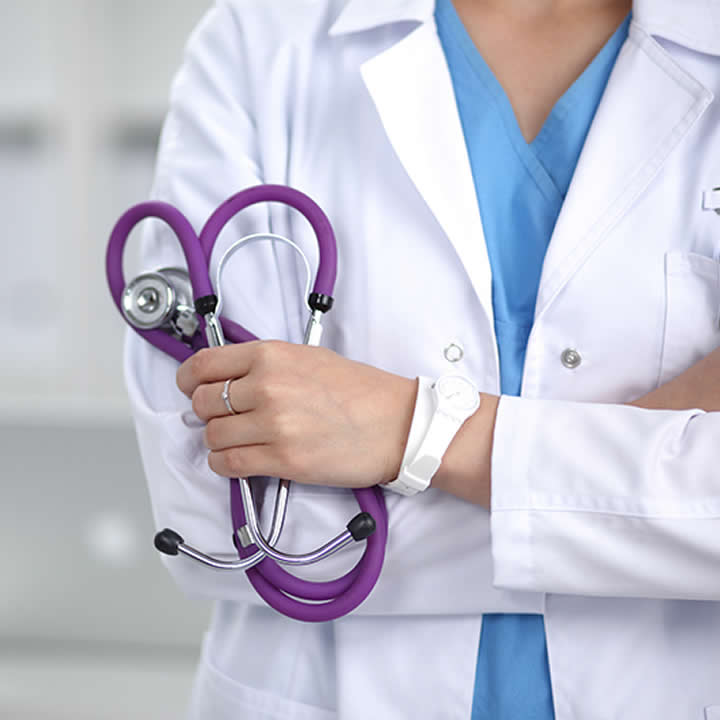If you are planning a colostomy surgery, you are probably aware that it requires changes to the part of your digestive tract. The end of the colon is connected to a device called a stoma, which is connected to a pouch designed to collect feces. Fairview Rehab & Nursing Home in Queens, NY, is fully equipped to help you with the recovery and care after the colostomy surgery, including designing the appropriate diet this type of surgery requires.
This surgery causes pretty drastic changes to a patient’s lifestyle and many people are feeling self-conscious and embarrassed about it. But, the surgery is always done because it is necessary to prolong the patient’s life. Eventually, patients adjust to a new way of doing things and dealing with the colostomy bag.
One of the many changes patients has to adjust to after the colostomy surgery is the need for a special diet. Ideally, an individualized colostomy diet is designed before the surgery so that everything is in place once a patient is recovering.
Many recipes for a colostomy diet are available online and a quick search would help the patients and their families to come up with the appropriate list of food items that are recommended.
What you can eat after colostomy surgery
A well-balanced diet is a key for healthy nutrition, whether you are recovering from the colostomy surgery or not. It means including all food groups in the daily meals.
Some of the foods are particularly beneficial after the colostomy surgery:
- Yogurt, with its live culture of beneficial bacteria, is excellent while the patients’ digestive system is recovering.
- Bananas, cranberries, and applesauce;
- White bread toast;
- White well-cooked rice;
- Buttermilk;
- Tapioca
Gradually patients can add more food items to their diet. The best way to see what feels right is to add one food item at a time and avoid those that do not feel good.
The food you should avoid
While your colostomy bag should not be an obstacle to a satisfying diet, there are foods you should avoid, especially shortly after the surgery:
- Dairy;
- Fried food;
- Fatty meats;
- Potato chips;
- Foods high in fiber such as whole-grain bread and wheat bran cereals;
- Sweets such as cookies, cakes, candy, and chocolate;
- Peas, beans, and lentils.
Possible complications after the colostomy surgery
While you will gradually recover from your colostomy surgery and adjust to the new way of life, you should be aware of possible complications and how to deal with them.
- A ‘ballooning’ of the colostomy bag, a buildup of gas, normal in small quantities but not in excess;
- ‘Pancaking” is a vacuum created in the colostomy bag, which sometimes happens when the bag was changed. It can be fixed by blowing some air into the bag before attaching it to the stoma;
- Blockage or hernia, which is more serious;
- Internal bleeding;
- Infection of the wound;
- Opening of the surgical incision.
Any of these issues can be serious and some can be even life-threatening if not addressed or treated by a medical practitioner. If you ignore them, they might affect the success of your surgery.
Conclusion
It is crucial that you follow your doctor’s instructions after the colostomy surgery. Follow the prescribed diet and take good care of your body and you will be back to the normal life before you know it.

